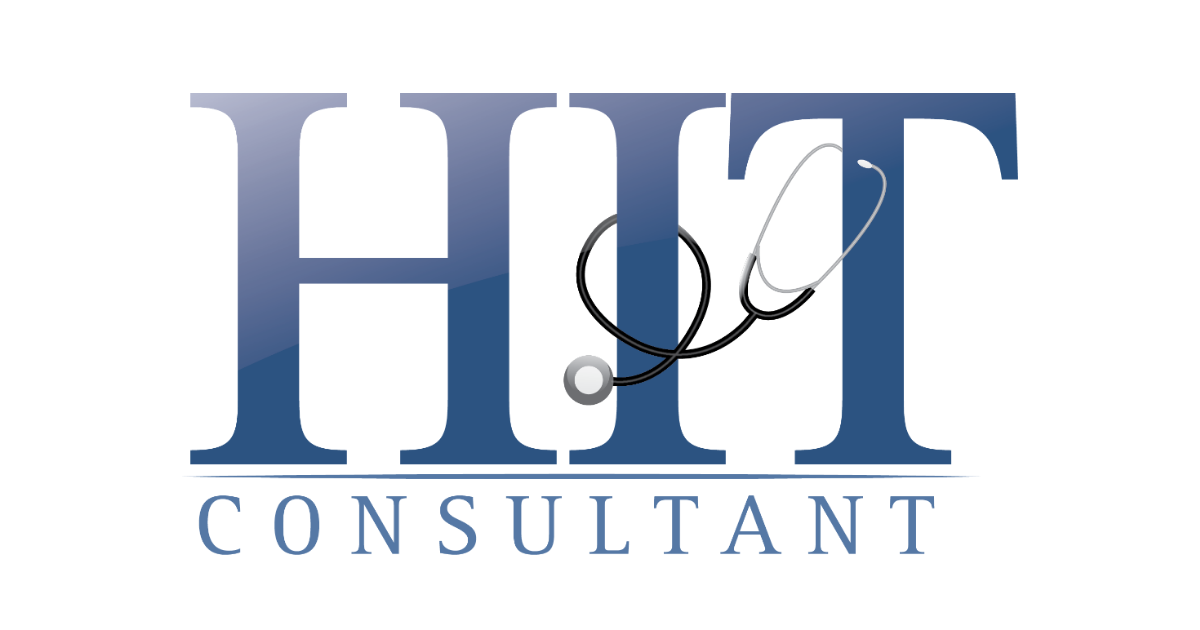
Editor's Note As part of the Centers for Medicare and Medicaid Services (CMS) newly issued 2026 Final Rule, the Transforming Episode Accountability Model (TEAM) will hold hospitals and health systems accountable for the entire episode of care for major surgeries, from admission through 30 days post-discharge. HIT Consultant reported the…

Editor's Note Psychological interventions such as hypnosis, music therapy, and cognitive behavioral therapy (CBT) may reduce acute pain in clinical settings, though statistically significant effects were found only in some studies, according to a July 16 scoping review published in The Journal of PeriAnesthesia Nursing. Hypnosis was the most adaptable…

Editor's Note The Trump administration paused new NIH research grants and contracts, prompting widespread concern before abruptly reversing course, according to a July 30 article in Forbes. Citing a separate report in STAT, the article details how the Office of Management and Budget (OMB) directed the NIH to suspend new…

Editor's Note A recent article from HIT Consultant highlights findings from Incredible Health’s 2025 State of US Nursing & Technicians Report, revealing mounting strain across the nursing and healthcare technician workforce. Reportedly based on insights from more than 1 million professionals, findings include: 71% of nurses report that staffing shortages…

Editor's Note A July 16 study published in BMC Research Notes found that mental fatigue among perioperative nurses is significantly associated with increased rates of missed perioperative nursing care. This cross-sectional study surveyed 385 operating room nurses working in university-affiliated hospitals in East Azerbaijan, Iran. Participants met inclusion criteria related…

Editor's Note A federal judge has ordered the Trump administration to restore health-related webpages and datasets removed under a January executive order, according to a July 29 article in Medscape. The ruling follows a lawsuit by Doctors for America and the city and county of San Francisco, which argued that…

Editor's Note The Joint Commission has launched a new strategy to revise its accreditation and certification programs to better reflect the distinct needs of pediatric care. According to a July 29 announcement, the effort responds to requests from the children’s health community and aims to revise or remove standards that…

Editor's Note US News & World Report has named 504 hospitals across 49 states and 95 metro areas to its 2025–2026 list of Best Regional Hospitals, recognizing facilities with superior performance in patient outcomes, nursing care, and procedural quality. The announcement, made July 29, marks the 36th edition of the…

Editor's Note The US Food and Drug Administration (FDA) has designated a Class I recall—the most severe category indicating risk of serious injury or death—for several models of arterial cannulae manufactured by Edwards Lifesciences. Affected products include OptiSite Arterial Perfusion Cannula models OPTI16 and OPTI18, as well as Peripheral Femoral…

Editor's Note The US Food and Drug Administration (FDA) has designated Baxter’s recall of the Q-Link 13 mobile lift component a Class I, the most severe category indicating risk of serious injury or death. As detailed in the agency’s July 23 announcement, the optional component connects to sling bars on…